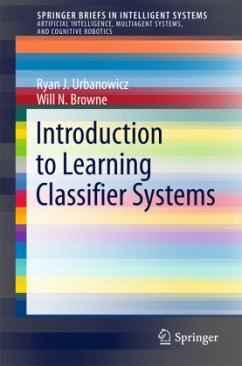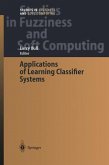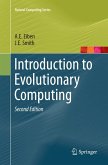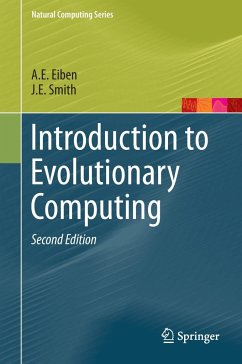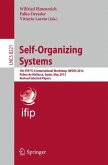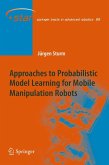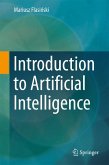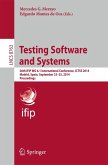This accessible introduction shows the reader how to understand, implement, adapt, and apply Learning Classifier Systems (LCSs) to interesting and difficult problems. The text builds an understanding from basic ideas and concepts. The authors first explore learning through environment interaction, and then walk through the components of LCS that form this rule-based evolutionary algorithm. The applicability and adaptability of these methods is highlighted by providing descriptions of common methodological alternatives for different components that are suited to different types of problems from data mining to autonomous robotics.
The authors have also paired exercises and a simple educational LCS (eLCS) algorithm (implemented in Python) with this book. It is suitable for courses or self-study by advanced undergraduate and postgraduate students in subjects such as Computer Science, Engineering, Bioinformatics, and Cybernetics, and by researchers, data analysts,andmachine learning practitioners.
The authors have also paired exercises and a simple educational LCS (eLCS) algorithm (implemented in Python) with this book. It is suitable for courses or self-study by advanced undergraduate and postgraduate students in subjects such as Computer Science, Engineering, Bioinformatics, and Cybernetics, and by researchers, data analysts,andmachine learning practitioners.
"Introduction to Learning Classifier Systems is an excellent textbook and introduction to Learning Classifier Systems. ... The book is completed with Python code available through a link included in the book. ... Urbanowicz and Browne recommend their book for undergraduate and postgraduate students, data analysts, and machine learning practitioners alike." (Analía Amandi, Genetic Programming and Evolvable Machines, Vol. 19 (4), December, 2018)

